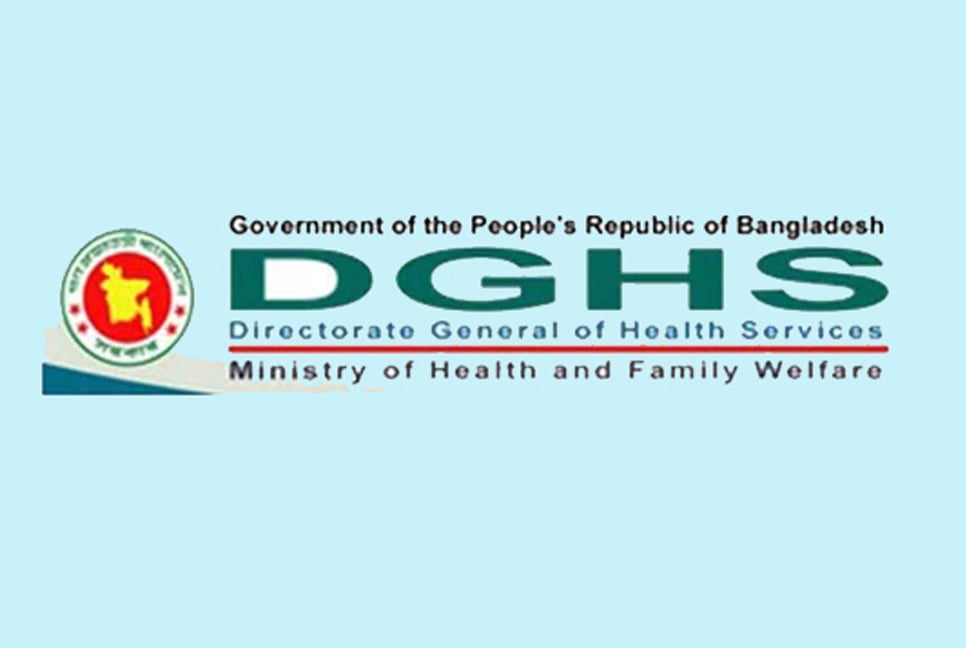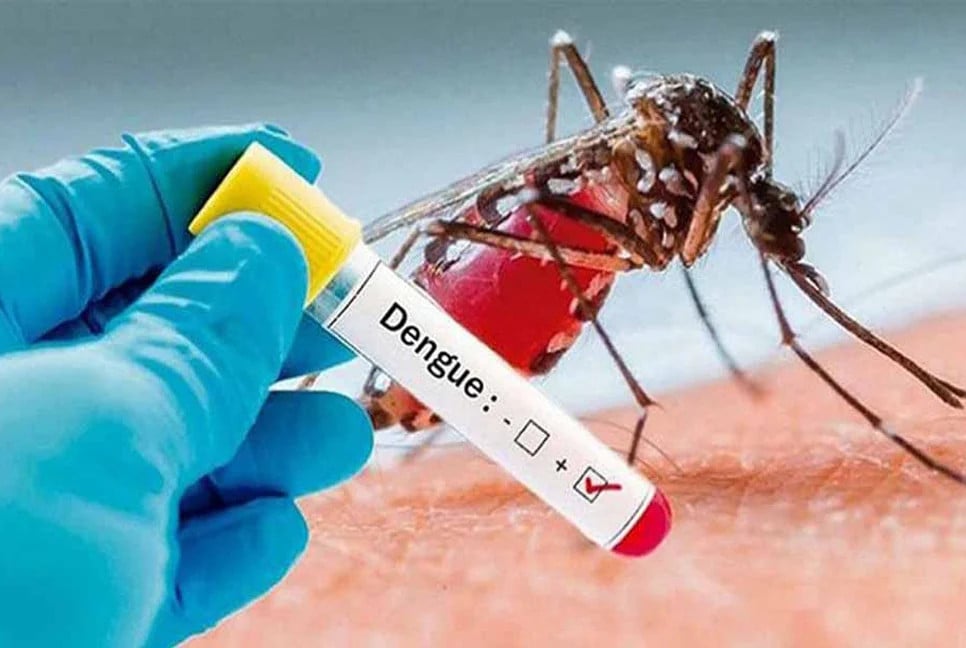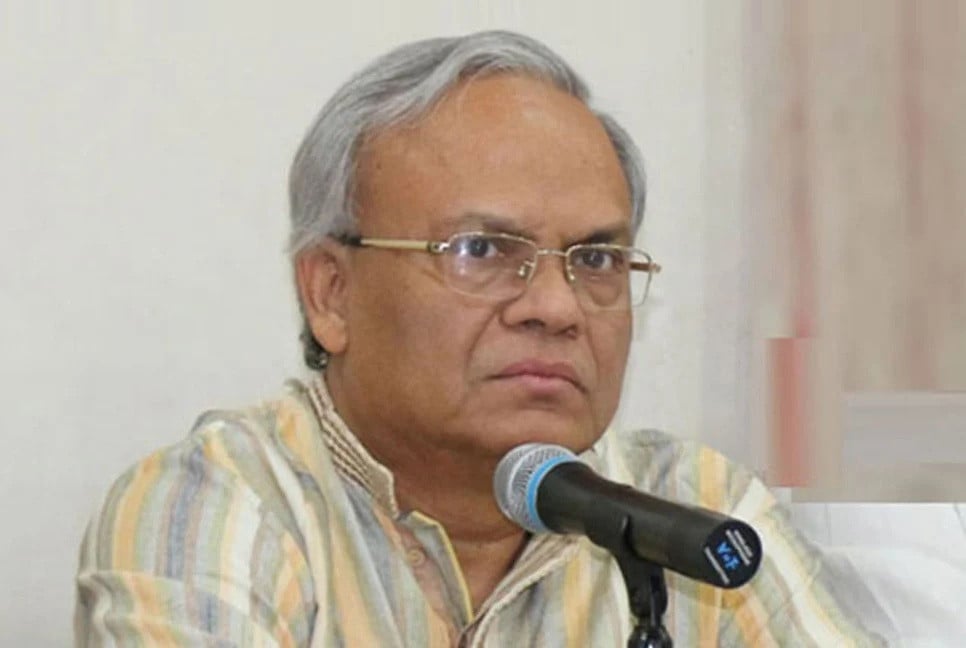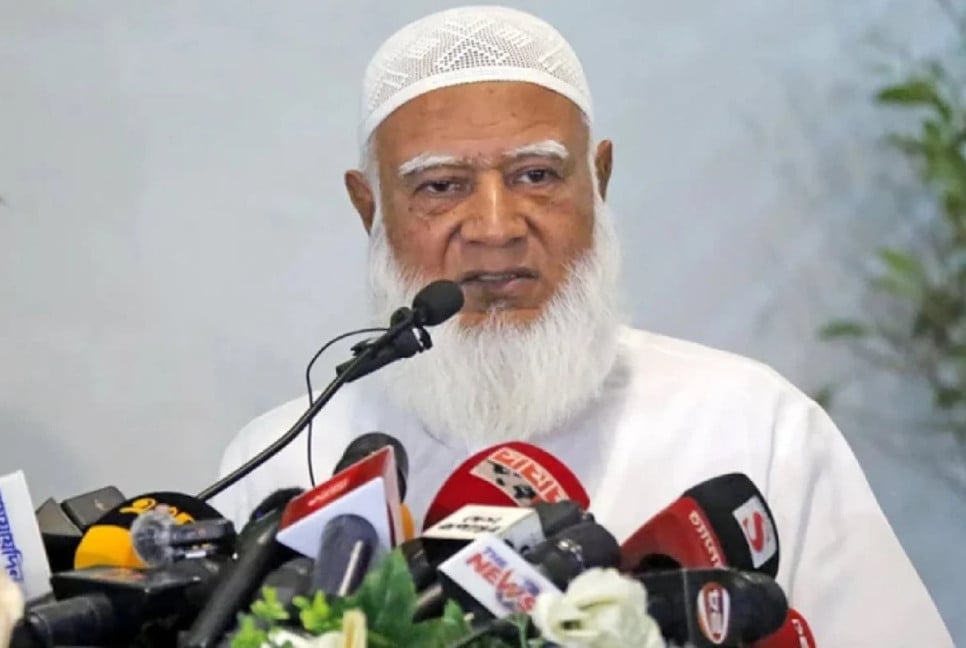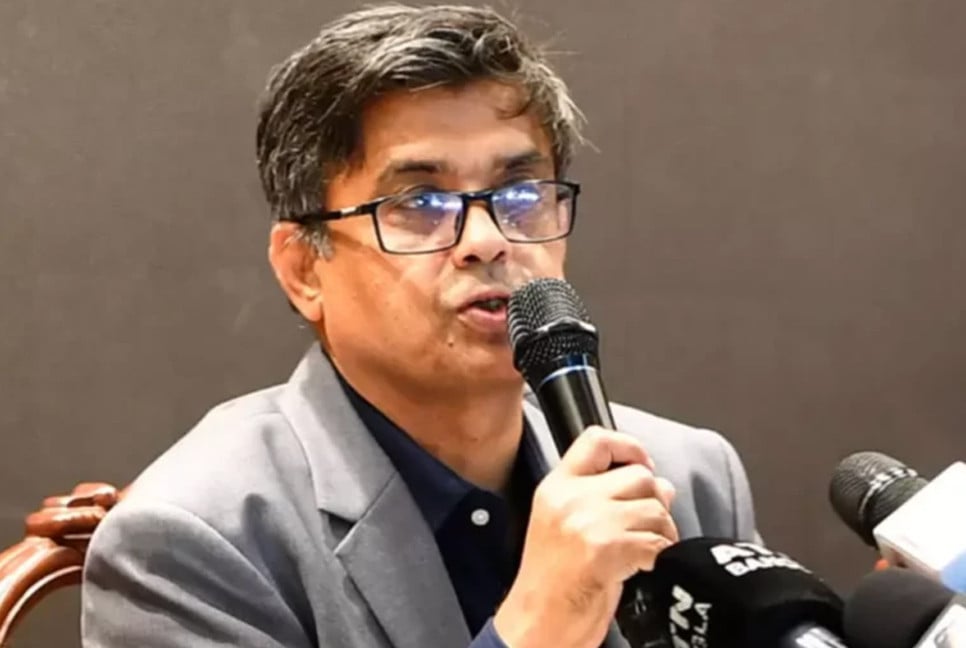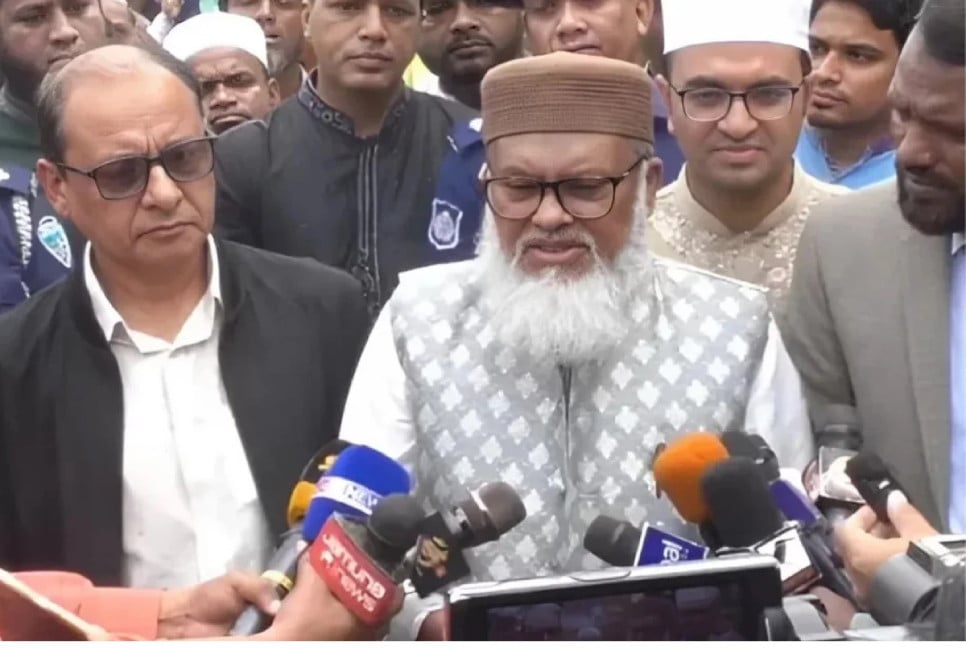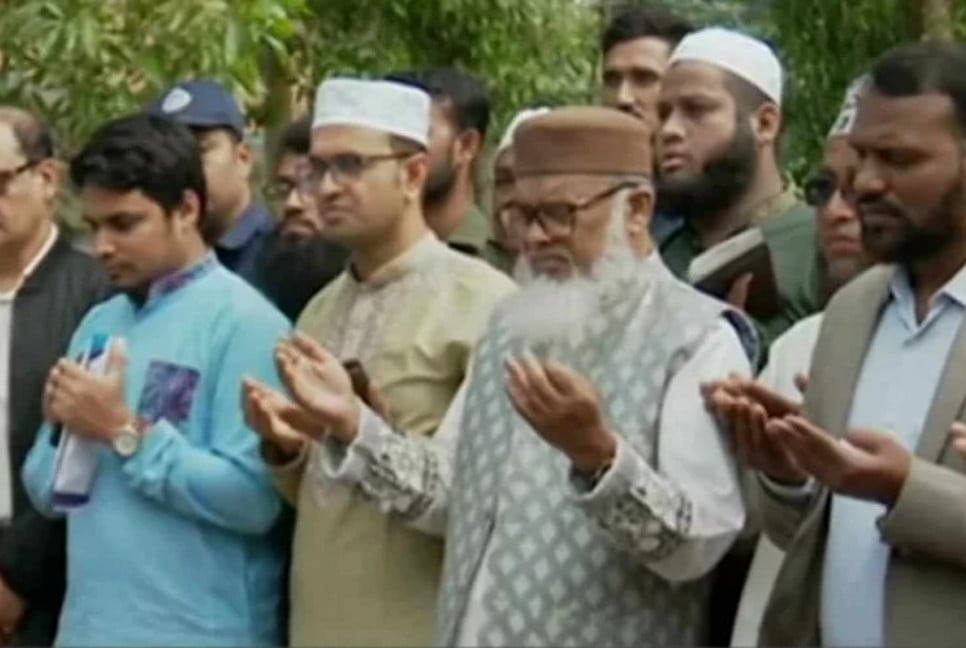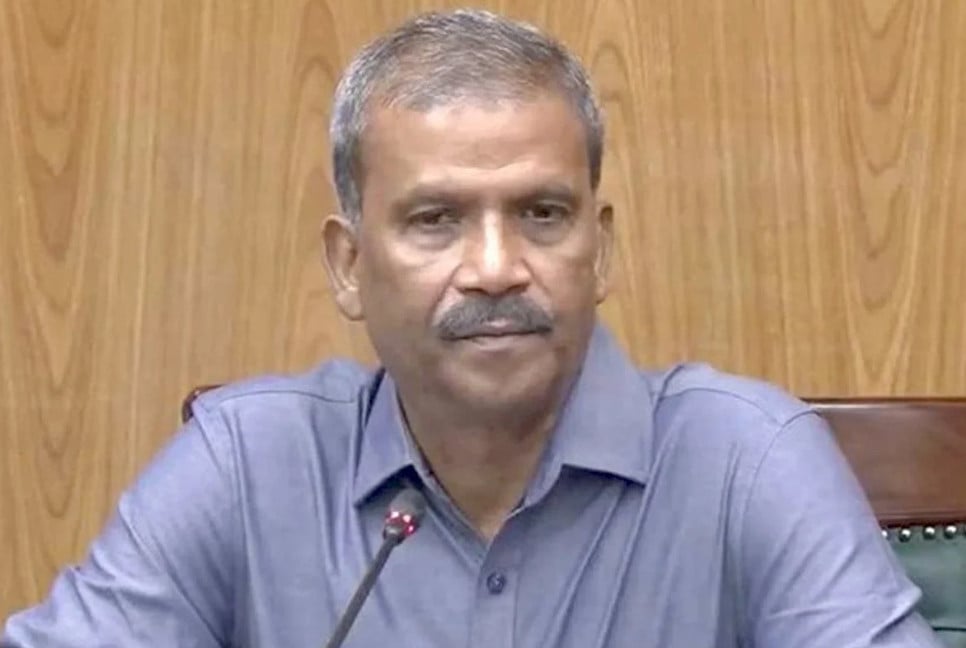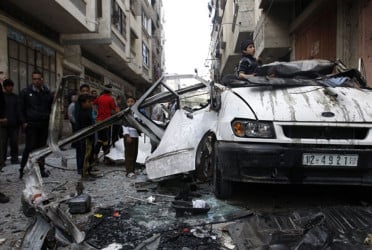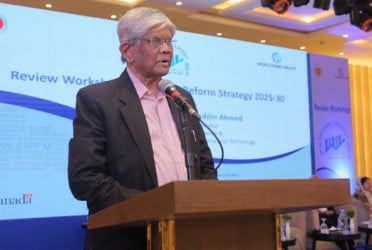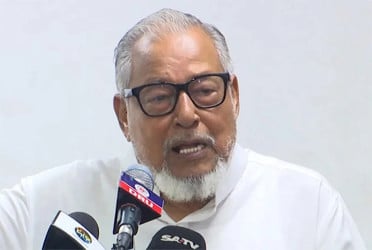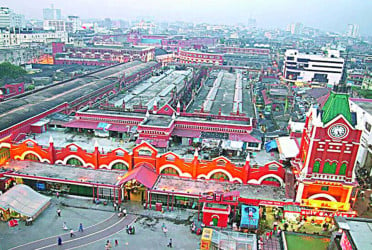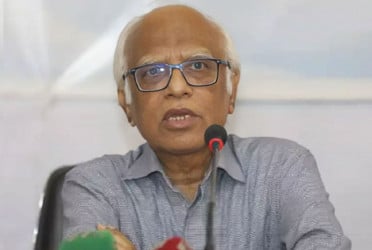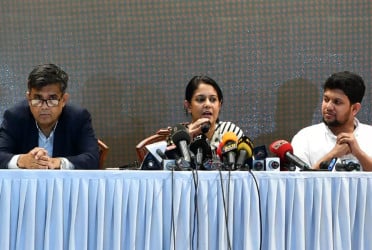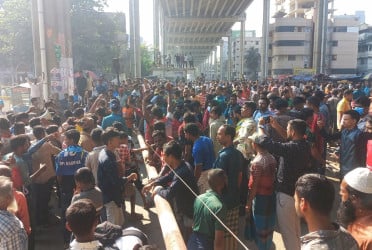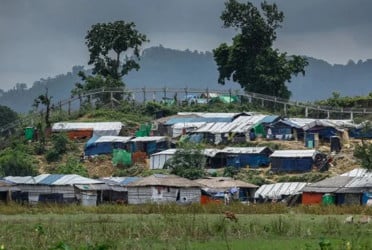The Directorate General of Health Services (DGHS) is constantly mapping the overall dengue situation and it is taking the initiative accordingly to expand treatment facilities to handle the mosquito-borne disease.
“Dengue situation is gradually deteriorating as large numbers of people are being infected every day across the country,” director general of health services Professor Dr Abul Bashar Mohammad Khurshid Alam told the media on Tuesday.
The DGHS chief’s comments came as dengue so far infected 24,000 people and killed 127 since January this year while everyday hospitals in the capital and other major cities are getting hundreds of patients making the health service centers overcrowded with dengue patients.
As part of expansion of healthcare facilities, he said, Dhaka North City Corporation (DNCC) hospital at Mohakhali with 800-bed capacity has been dedicated for ensuring medical facilities to treat dengue infected people.
Referring to the situation of state-run Mugda Hospital and College, Alam said, “Mugda hospital is struggling to tackle increased number of patients as on an average more than 500 patients are coming everyday for treatment in this hospital where the 500 patients have already get admitted.
“Only yesterday (Monday) a total of 536 patients came to the hospital with dengue fever,” the DG said.
Mugda hospital is facing huge problems to provide treatment facilities to a large number of patients, the health service chief said adding, “Shonir Akhra, Jatrabari, Sabujbagh, Kadamtali, Basabo and Rampura have turned in to highly dengue-prone areas in Dhaka city.
A good number of dengue cases were found in these areas and Mugda Hospital, only center for their treatment,” is struggling to provide service to the patients.
The DGHS has engaged 30 more healthcare professionals including 11 physicians in Mugda hospital to increase its medical facility, saying the present facilities are inadequate for the hospital, Alam said.
He suggested the people of those areas to visit other hospitals including Kurmitola General Hospital and DNCC hospitals in Dhaka city where beds are available.
“Yesterday I visited Mugda hospital and advised dengue patients to go to other hospitals where beds and all necessary facilities are available. But local patients are reluctant to go to other hospital as those are far from their homes,” the DG said.
We are mulling setting up makeshift testing facilities to make easy the diagnosing of patients with dengue disease as early detection is very crucial for treatment, the DG noted.
Kabirul Bashar, professor of Department of Zoology of Jahangirnagar University, said dengue positive cases will increase in August and September as these two months are the most suitable period for breeding of Aedes mosquito.
"We need to recruit health workers, who will be oversee a number of houses in particular areas in Dhaka city throughout the year," Bashar said, adding year-long monitoring system must be introduced to destroy potential breeding sources of Aedes mosquito.
Bashar, also an eminent entomologist, said dengue has emerged as a massive health burden in the country as authorities are handling the mosquito-borne disease following traditional methods.
The entomologist urged the two city corporations of Dhaka and relevant organizations to step up their efforts in a coordinated manner for controlling the dengue outbreak.
Bd-pratidin English/Tanvir Raihan

